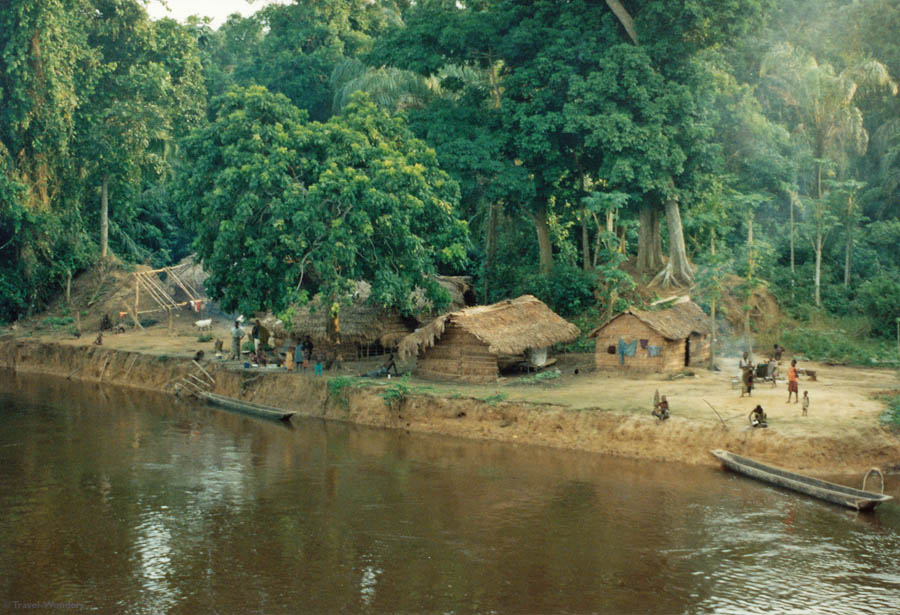Among ruined picnics, Kingsolver’s Congo picnic ranks high. It’s a highlight of misadventure in The Poisonwood Wood Bible, a novel the name of which is derived from a misunderstanding of the local language. Reverend Nathan Price says, “Tata Jesus is bangala!” he means “Jesus is beloved.” But depending on intonation, this phrase might mean “Jesus is poisonwood,” a noxious weed.
Kingsolver’s picnic illustrates misguided missionary zeal, racial arrogance, and colonial antagonism. As Rev. Price fails and loses his sanity, the family disassociates. Orleanna and their daughters leave the jungle leaving no trail behind them. Stopping to watch a rare forest okapi and settling for a meager picnic, she says, “Imagine a ruin so strange it must never have happened.”
Here are the contradictions: Reverend Price’s picnic occurs on July 4th, but he celebrates the day as Easter Sunday at his missionary in the village of Kilanga, deep in the Congo forest. With unthinking racial arrogance, Price decides that since no one will ever know or care, about “time,” Western time, in the Congo, July is as good a time to celebrate Easter as March or April. The appointed day is typically hot, hazy, and a monstrously humid equatorial day. The picnic, a church supper, is held on the banks of Kwilu River that smells of mud and dead fish. The shared food is Southern fried chicken that Orleanna makes from scratch, a gesture that seriously depletes the family’s food store. The locals enjoy the chicken but will not come forward for spiritual redemption. According to daughter Rachel, “On the morning of the picnic, she had to start at the very crack of dawn, to get all those hens killed and fried up. At the picnic, she walked through the crowd passing out thighs and drumsticks to the little children, who acted just pleased as punch, licking their fingers and singing our hymns. Yet, for all her exhausting over a hot stove, Father hardly noticed how she’d won over the crowd. His mind was two million miles away.”
The picnic is ruined when Price proposes a community baptism, and villagers balk at entering the water. Daughter Rachel recollects, “The River Kwilu is not like the River Jordan, chilly and wide. It is a lazy, rolling river as warm as bathwater, where crocodiles are said to roll around like logs.” Disappointed but at a loss to know what to do, Price neglects to acknowledge the family’s sacrifice and offers no thanks to Orleanna. Price’s missionary zeal overpowers his reason. Unhinged, he “goes jungle,” to coin a phrase. He neither knows nor cares that he has lost his family. As his daughter, Rachel, says, “The picnic was festive, but not at all what he’d had in mind. It was nothing in terms of redemption.” What’s left when it is over, his daughter Adah says, was “an abundance of holiday waste.”
Featured Image: A village such as Kilanga on the edge of the Congo River.
See Barbara Kingsolver. The Poisonwood Bible: A Novel. New York: HarperCollins, 1998

